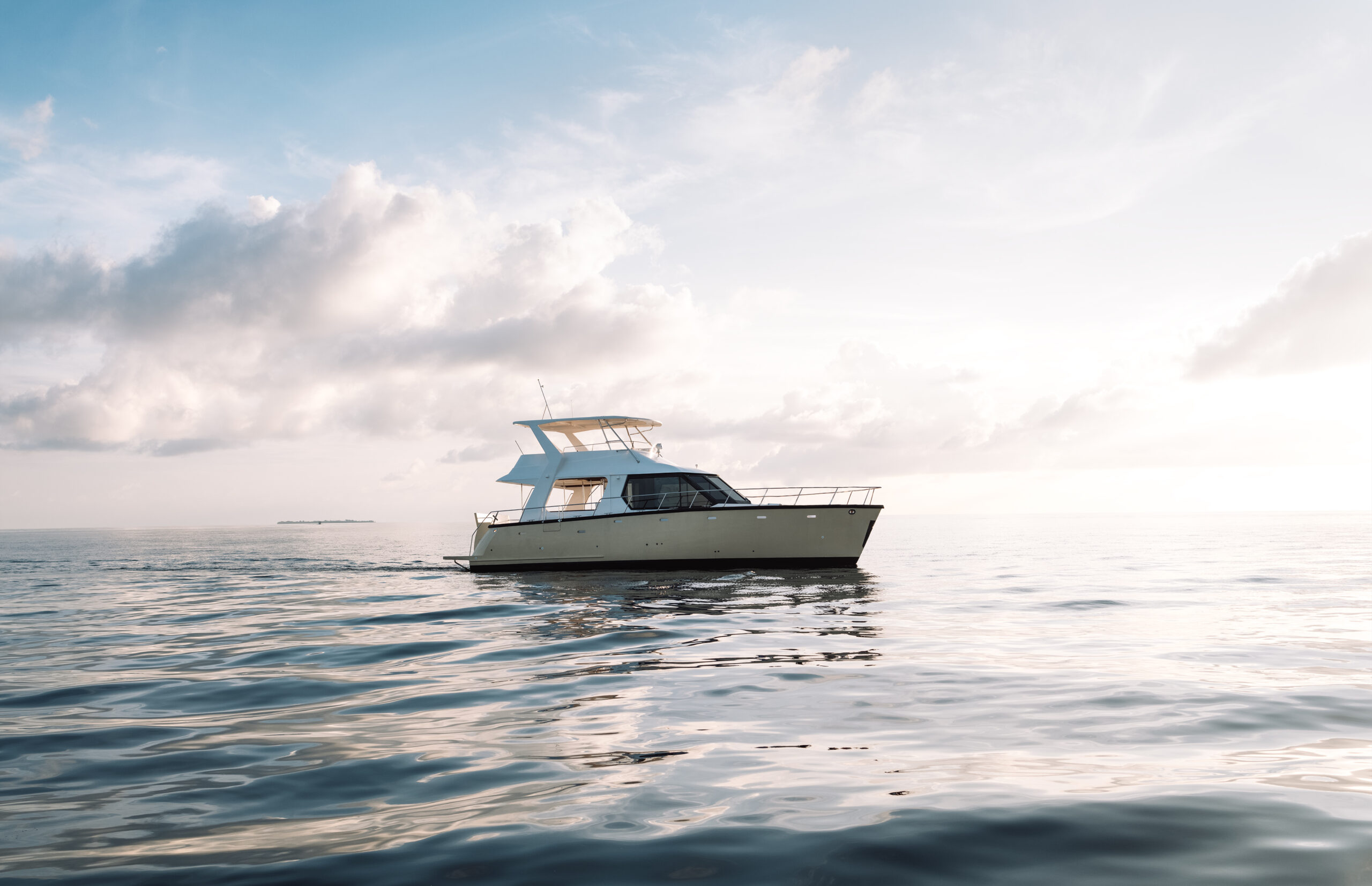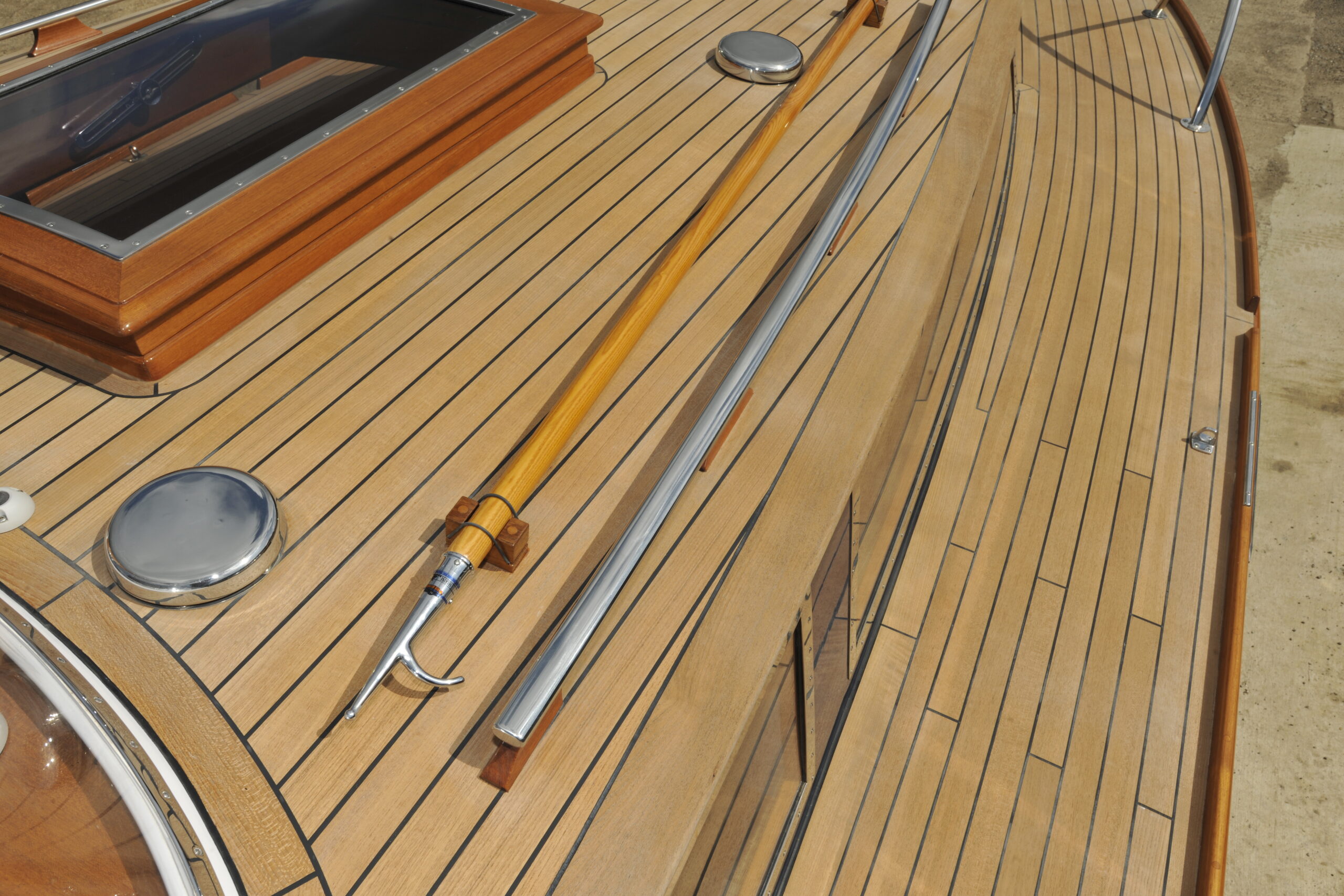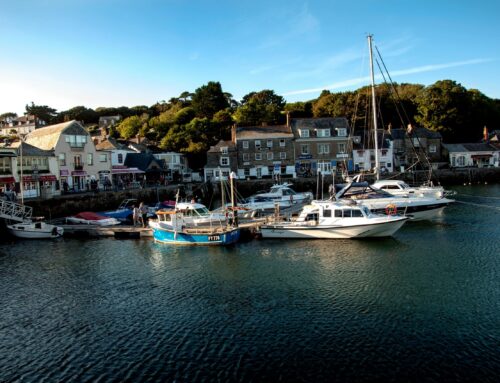Thinking about buying a classic yacht? It’s not just about looks, though the charm of vintage timber and polished brass is hard to ignore. There’s a lot more to consider, from upkeep costs to finding the right mooring spot. Whether you’re after weekend trips or something bigger, knowing what to look for can save you time, money, and hassle. This guide shares straightforward tips from people who’ve been through it all before. No fluff – just real advice to help you make a solid choice and avoid common slip-ups when stepping into the world of classic yachts.
Understand the True Cost of Ownership
Buying a boat is not just about the sale price. When you’re buying a classic yacht, you’re also taking on long-term responsibilities. These older vessels often need more care than newer ones. You might find yourself spending more time and money than expected.
First, think about restoration. Many older yachts need repairs or parts replaced before they’re ready to sail. This can include woodwork, rigging, engines, or electrical systems. Skilled labour for this kind of job doesn’t come cheap. Parts may be hard to find, too, which adds to the cost.
Next comes regular upkeep. Classic boats need frequent checks and cleaning to stay in good shape. Saltwater can cause damage over time, especially if things aren’t looked after properly. You’ll likely need help from specialists who understand traditional materials and methods.
Mooring fees are another cost that adds up quickly. Harbours charge different rates depending on size and location. If your yacht is large or based in a popular area, expect higher charges each month or year.
Don’t forget insurance either. Cover for older vessels isn’t always simple or cheap because insurers see them as higher risk due to age and condition. Some policies might require surveys before approval, another expense to plan for.
You’ll also face costs like winter storage, fuel, safety gear updates, and sometimes even permits, depending on where you sail.
It’s easy to focus only on how much it takes to buy one upfront, but the real figure includes everything that follows after signing the papers. Being clear about these extra expenses can stop future stress later down the line when bills start coming in faster than expected.

A modern luxury yacht on the high seas. A white boat in the calm clear water of the ocean. Seascape with a ship. Blue sky and fluffy clouds on the horizon. Liveaboard. Rest, relaxation and vacation
Research the Yacht’s Provenance and History
Before buying a classic yacht, take time to look into its past. A well-kept record can show how the vessel has been treated over the years. Start by asking for documents that list previous owners. These papers may also show how often the yacht changed hands and how it was used.
Check for any notes on repairs or major changes. Refit records can tell you if key parts like engines or rigging have been replaced or upgraded. This helps you understand what kind of care the yacht has received and whether it sticks to its original build.
Look out for signs that the vessel took part in well-known races or shows. If it’s been in regattas or won awards, that adds weight to its background. It may also mean that experts have judged it before, which gives an extra layer of trust.
Try finding photos from different points in time. These could confirm whether features have stayed consistent or altered too much over time. If possible, speak with former owners who can share stories about their time with the boat.
Also, ask if there is a builder’s certificate or original plans still available. These items help confirm details like launch date, materials used, and design specs. They make sure you’re not relying just on word-of-mouth claims.
Verifying history isn’t only about value, it helps avoid problems later on, too. A clear track record makes future maintenance easier and simplifies resale down the line when needed.
When buying a yacht, knowing where it came from gives peace of mind. It shows if care was taken over decades and whether you’re stepping into something reliable with roots worth noting.
Seek Expert Guidance When Buying a Classic Yacht
Talking to someone who knows old boats inside and out can save you from big problems later. One of the first things you should do when you’re thinking about buying a yacht is to bring in a marine surveyor. But not just any surveyor, you need one who has worked with older vessels before. These professionals understand how vintage builds were made and where trouble usually shows up.
They will look at parts of the boat that most people would miss. This includes checking the hull for damage, spotting signs of rot, or finding repairs that weren’t done properly. They’ll also test if the yacht is safe to take out on water and whether it meets today’s basic safety checks.
Without this kind of help, you might buy something that looks fine but has hidden issues. A solid-looking deck could be weak underneath; wiring might have been patched together over time; engines may run now but fail soon after purchase. An experienced eye will catch these things early.
The surveyor gives you a full report after their inspection. You can use this report to talk about price or ask for fixes before finalising anything. It also helps with insurance since many providers want proof that your boat is sound.
Think of this step as doing your homework before making a big choice. Old yachts have stories behind them, but they can also come with wear and tear no one tells you about up front. Having someone with proper knowledge beside you makes sure those surprises don’t show up on your bill later down the line.

Grey Don – Fairey Huntman
Join the Classic Yachting Community
Connecting with people who already own classic yachts can help you avoid common mistakes. Many owners join clubs or associations where they share knowledge and experiences. These groups often welcome newcomers, especially those interested in older boats.
When you’re thinking about buying a classic yacht, it’s easy to miss details that others have already dealt with. Speaking to someone who owns a similar model can give you honest feedback. You’ll hear what works, what breaks often, and which upgrades make sense. Owners might also point you to reliable surveyors or engineers familiar with older builds.
Clubs usually hold regular meetings, events, and regattas. These gatherings let you see different types of yachts up close. You can speak directly with people who sail them often. Some members might even offer short trips so you can get a feel for how these vessels handle on the water.
Another reason to join is access to skilled tradespeople. Many classic yachts need special care from boatbuilders or mechanics who know traditional methods. Community members often keep lists of trusted names they’ve used before, people who repair wooden hulls, restore original parts, or source rare fittings.
Online forums and social media groups also bring value if there’s no local club near you. It’s not uncommon for someone across the country to send over tips or photos of their latest project when asked for help.
Some associations offer newsletters that include updates on rule changes, upcoming sales, or workshops on maintenance skills like varnishing decks or replacing rigging lines.
Being part of this network means you’re never left guessing when something goes wrong or when you’re unsure whether a certain boat is worth your time and money during the buying process. The more questions you ask now, the fewer problems you’ll face later on at sea or in dry dock.
Navigating the Journey to Ownership with Confidence
Buying a classic yacht is more than a purchase. It’s a commitment to heritage, craftsmanship, and lifestyle. By understanding the true cost of ownership, researching a yacht’s history, and leaning on expert advice, you’ll make smarter choices that stand the test of time. Getting involved in the classic yachting community also opens doors to invaluable support and shared passion. Whether you’re drawn by nostalgia or the elegance of traditional design, taking these steps ensures your journey into classic yacht ownership is both rewarding and informed. It’s all about making an investment that truly sails with your soul.



